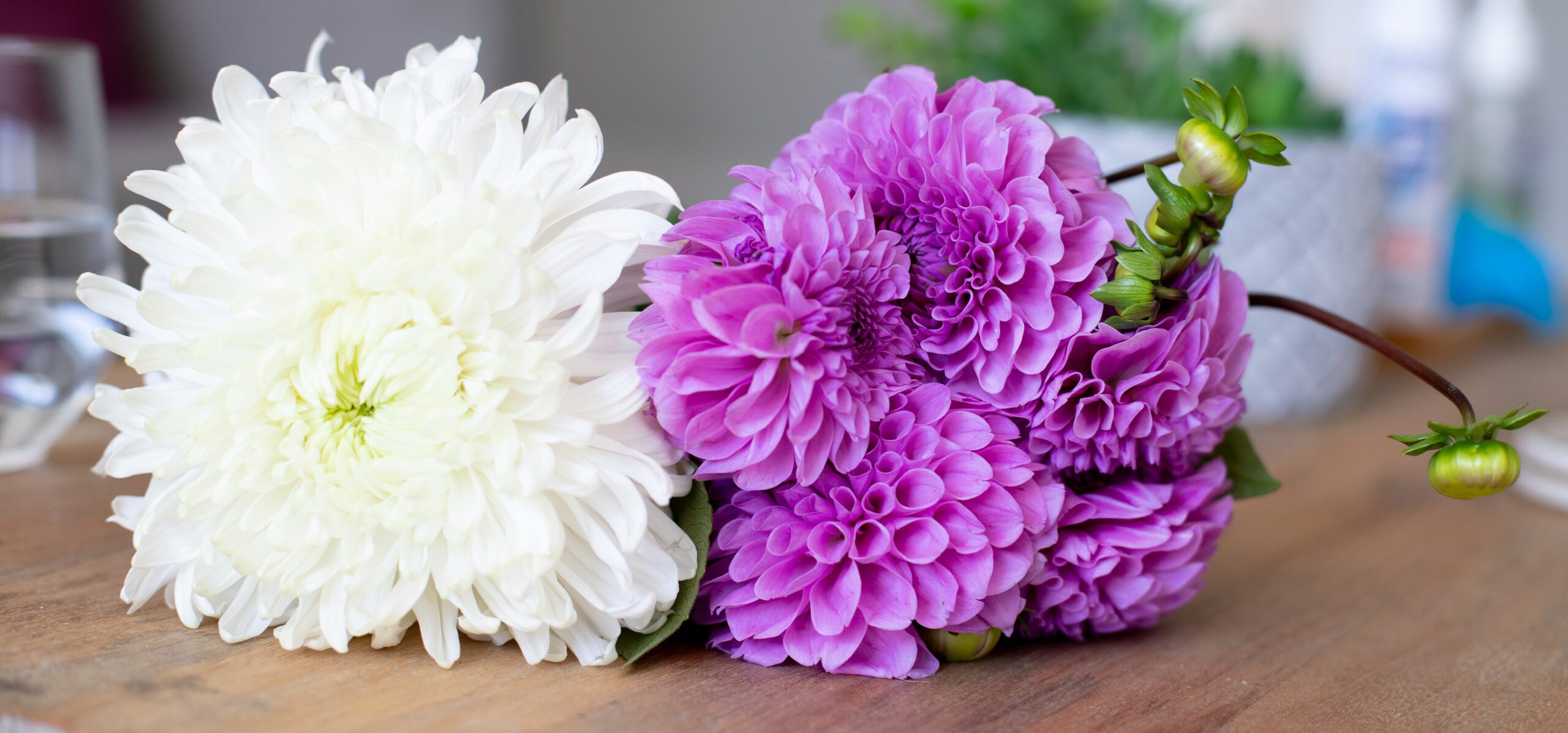How often do you stop and reflect on all you’ve accomplished? How often do you thank yourself for all of the little and big things you make possible, just by existing? Sometimes, we graciously extend love, care, and the gentle-ness we need for ourselves to others. Today, we’re here to celebrate that, and apply the same level of kindness, empathy, and thought to you!
Practicing self-compassion may sound intimidating, but truthfully, it’s the secret to combating burnout, accessing joy, and greater acceptance of yourself, all of these things are well deserved! As you move through your day, try to offer yourself a reminder that we’re all doing our best with what we’ve got, and that your best is good enough.
There’s a unique relationship between being kind to yourself, and accessing the care and support you need. When life gets overwhelming, unlocking your self-compassion and resilience will help calm your inner critic, and ground your feet firmly in support, kindness, and understanding.
Our inner critic has been trained to motivate us by judging our actions and selves as a whole. Self-compassion is the secret weapon to challenging and acknowledging this style of thinking, and motivates us to use compassion rather than judgment to guide our behaviours. Establishing what feels compassionate and supportive for you may be different than what others need. Your unique needs for kind moments and thoughts are valid and deserving of attention. Try the following tips to practice and familiarize yourself with your kindness and compassion.
Kindness over Judgment
Do you ever have those moments of feeling like you’ve failed? Like you’re not doing enough? This is a great opportunity to hear the ‘voice’ of your thoughts. It can feel difficult to challenge negative thinking, but simply acknowledging that nobody is perfect, mistakes are unavoidable, and you are not your mistakes can offer warmth and light in moments of discomfort. Take a pause and tell yourself the same advice you’d offer a friend in need of some love and compassion.
Tend to your needs
Developing an awareness of your body and tending to your needs is a critical aspect of showing yourself compassion. Pay close attention to your body’s cues indicating hunger, thirst, or a need for rest. Fueling yourself, taking a moment to breathe, relaxing tense muscles and slowing down when things feel fast is a quick way to re-orient, clear your mind, and show your body that you honour and hear its needs. In our busy lives, there’s a growing disconnect between our bodies and minds, this step will lead to heightened awareness and care for you!
Work Backwards
Say Thank YOU!
Take a Moment

Written By Hannah Marsala
M.S.W., R.S.W., RP (Q)



